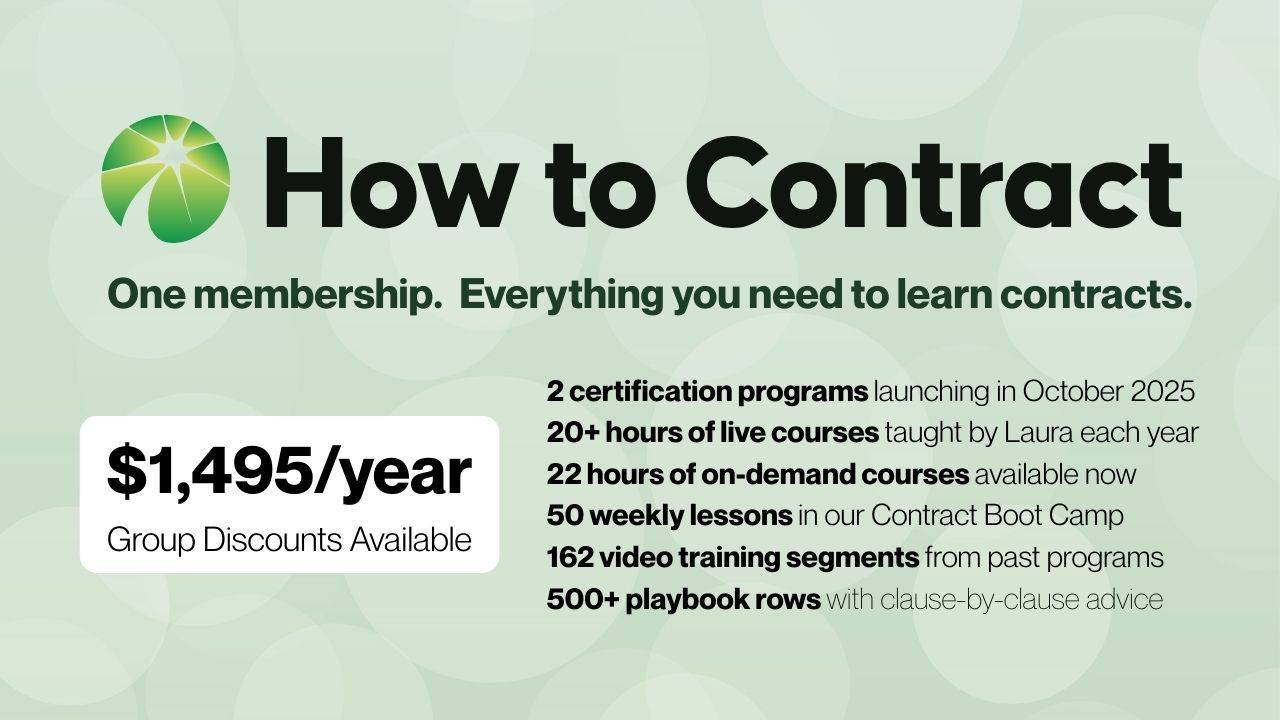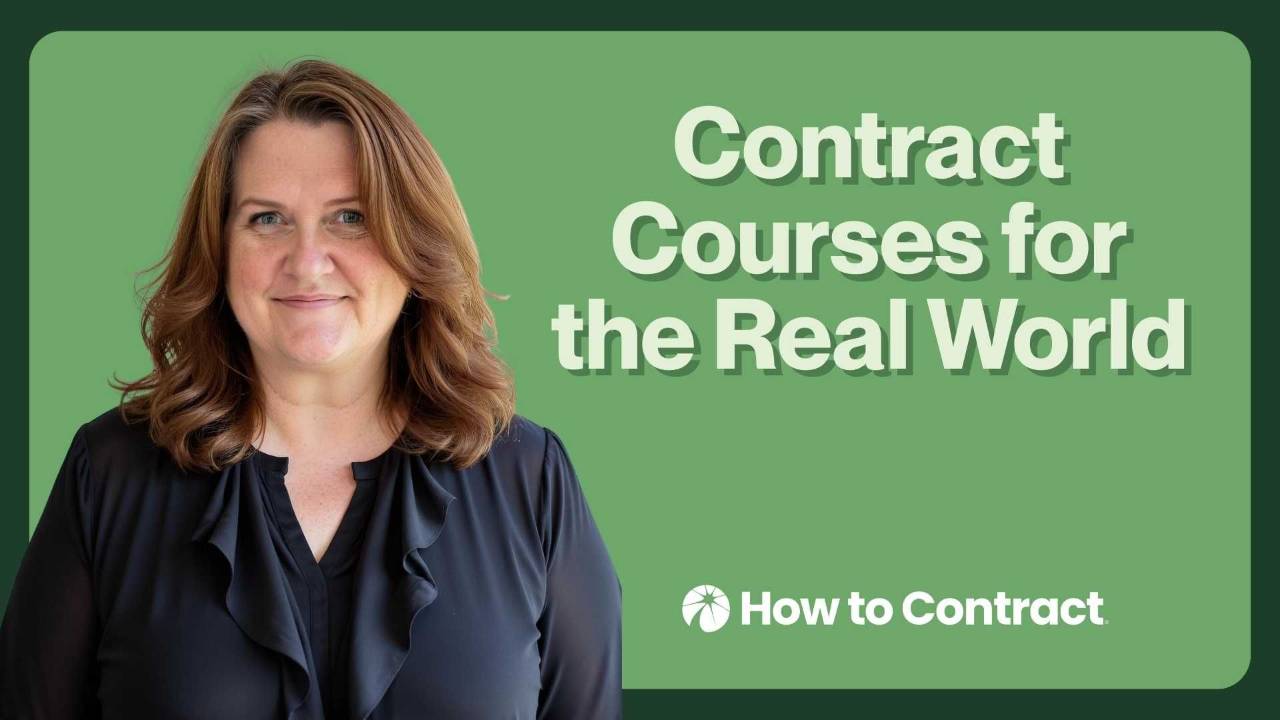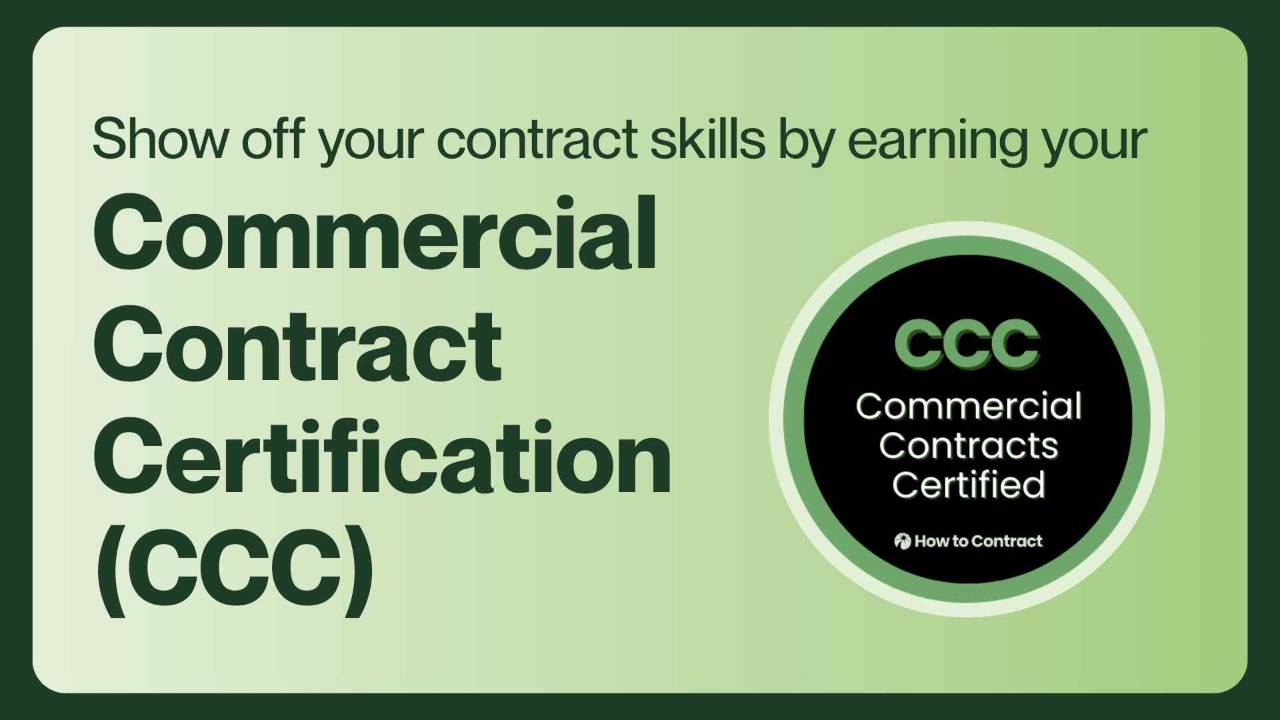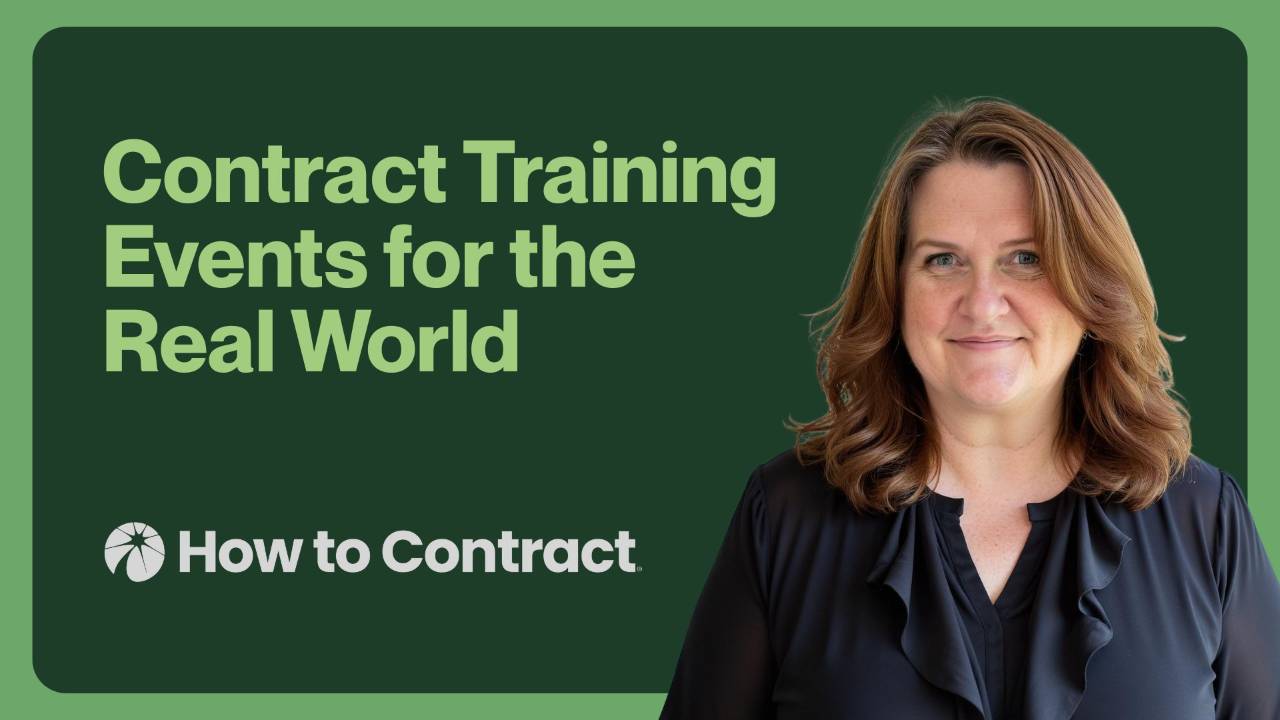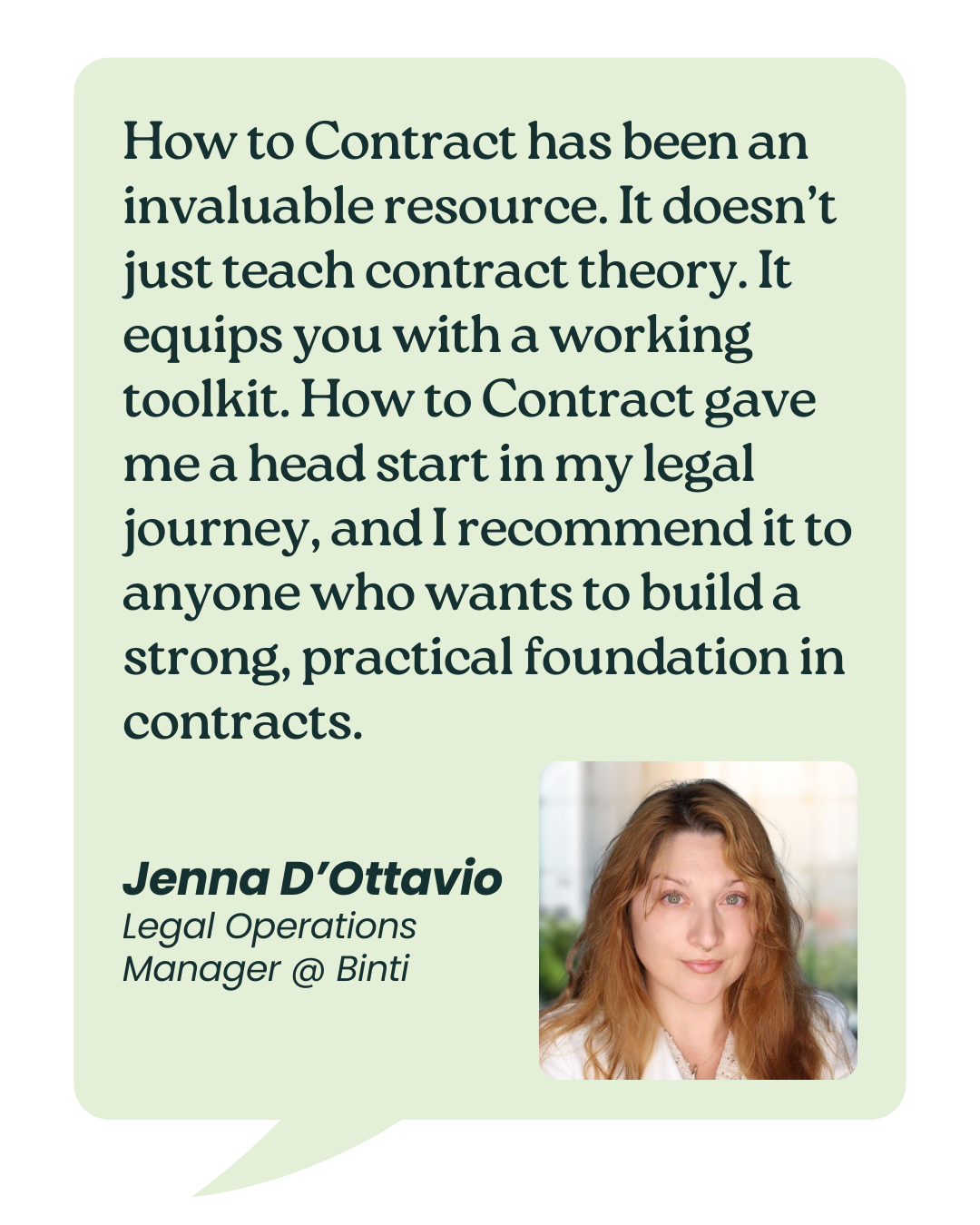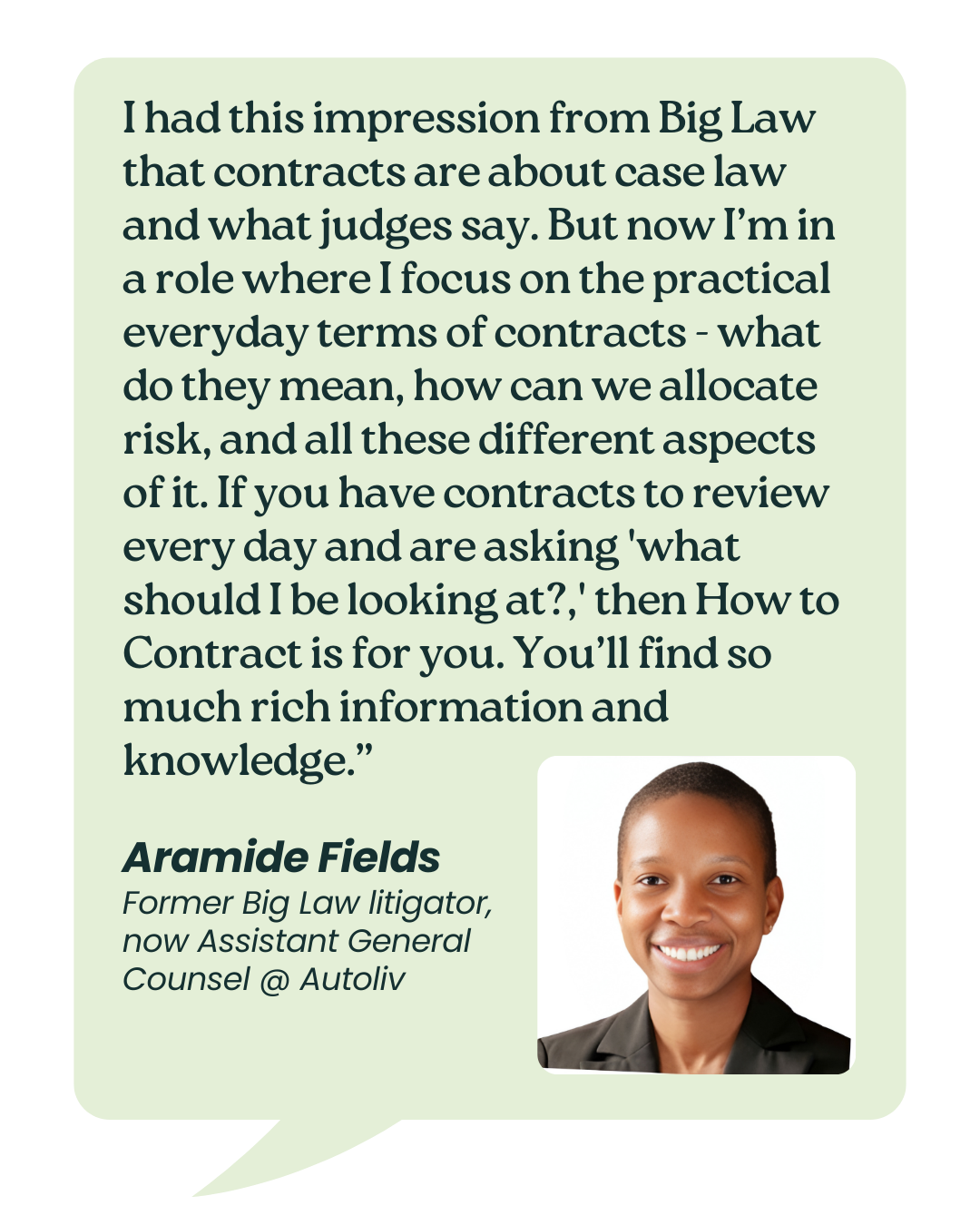
How I Contract: Insights from Roman Koch, Commercial Legal Counsel at Manpower Group
We interviewed Roman Koch, Commercial Legal Counsel EMEA at Manpower Group as part of the How I Contract interview series designed to offer different perspectives from experienced lawyers and contract professionals on what works in contracts in the real world.
Overcoming Early Contract Challenges
What was your biggest challenge when you started working with contracts? If you could go back in time, but keep all the knowledge and experience you have now, how would you deal with it?
My biggest challenge when I began working with contracts was understanding and balancing the risk appetite my company has with a typically legalistic approach to minimize any possible risks in contracts.
We are not usually taught risk analysis during our legal education, which is why lawyers at the very beginning of their careers are often risk averse.
On the other hand, the reality of any business is that risk is a natural part of it and it is no different with contracts.
I think it is very important for a lawyer working with contracts to understand how risks should be assessed and how to communicate them to the business from the outset.
So, if I had to tell my junior self how to approach risk in contracts, I would point to a couple of things that are worth clarifying during the onboarding process.
Firstly, talk to more experienced colleagues in the organization about the lessons learned so far, in particular what areas of contracts have proven to be real problems and risks in the business.
Secondly, understand not only what the official procedures are for accepting certain risks but also what the practice is in terms of escalating risks in the organization that arise in the contracting process, and how to communicate the risks that we identify to the business stakeholders.
And last but not least, talk to the business about what their expectations are in terms of contracts and what issues they consider most important in contracts in the context of the organization’s business objectives.
Evolution of Contract Drafting Techniques
How have your contract drafting techniques changed over the years? What did you stop doing? What did you start doing?
Over the years, my contract drafting techniques have evolved to become more focused on the clarity of the contractual language, better organized structure, and the overall readability of the contract from the perspective of the business as its ultimate user.
In addition, I have started to look at agreements from the perspective of the other side of the deal as well.
While we must always have our client’s best interests in mind when drafting a contract, drafting contracts that are so one-sided that they are largely unacceptable to the other party is contrary to one of the objectives of business, which is the speed of contracting.
In terms of particular provisions, I have started incorporating more robust clauses for termination, acceptance of deliverables, and paying more attention to the precise definition of the scope of a contract as well as the SLAs – from my experience these are the areas that, in real life, cause problems during the performance of contracts.
Learning from Contract Disasters
Do you have any contract disaster stories from your career that you've learned from? What did you learn?
One of the important lessons that I learned from contract negotiations that turned into nightmares was to ensure that all stakeholders who should be involved in contract review were really involved from the very beginning.
There is no bigger challenge than reopening points that have already been agreed upon with the counterparty just because someone who should have provided input to the contract review was not involved at the beginning. This often results in comments being submitted at the end of the negotiations or discovering that a point in the already concluded contract has to be renegotiated and amended.
Biggest Lesson Learned in Contracts
What's your biggest lesson learned in contracts?
Looking back, with the knowledge and experience I now have, I would suggest treating more complex and multi-jurisdictional contracts as projects and applying the basics of project management.
It may sound obvious, but remember to start by clearly defining the objectives of a contract and understanding what the key objectives and priorities are for your company or client.
I've said this before, but don’t forget to identify the key stakeholders and subject matter experts you’ll need to help you review and negotiate the contract.
If you are leading the work on a contract, make sure you have clearly defined roles and responsibilities for your internal team.
Work with the business to determine the best negotiation strategy.
Be prepared for the unexpected during contract negotiations, so make sure you know who to contact or escalate potential risks and issues to.
In terms of tracking progress and communication, establish checkpoints to monitor progress against the negotiation plan (you may not need this for a simple contract, but you will need it for a multi-country deal with tons of annexes) and communicate status updates to stakeholders regularly.
Applying these principles will allow you to reduce the stress that inevitably arises when you lose control of a huge number of versions of documents, fail to involve all the people whose input is necessary in the course of working on a contract, or a delay in negotiations affects the timeline of a larger project to which the contract relates.
Practical Contract Tips
If you could share just one practical, real-life contract tip, what would that be?
I would have one general piece of contract advice: You need to understand the bigger picture when you start reviewing a contract.
It's crucial to understand what the business objective of this contract is, what kind of project it relates to, and what kind of deliverables are in scope. Without an understanding of these basics, you will be working on a contract in the dark.
To give the readers an example: Suppose you are working on a software license agreement for your company.
Do you know what specific processes in the organization the software will be used for? Are these processes critical to the business, and what will be the business impact if the vendor fails to meet the SLA? Do you know how complicated it will be to change software vendors? Are you sure you are purchasing a license for off-the-shelf software, or perhaps the supplier will develop a bespoke app?
Of course, these are just sample questions for one type of contract.
The point I'm trying to make is that every contract serves a business purpose, and working on a contract in isolation from that purpose will not add value to your business or your client.
Avoiding Common Contract Mistakes
What mistakes should contract lawyers and professionals avoid when working with contracts? How would you avoid them?
One mistake contract lawyers and professionals should avoid is assuming that some clauses in contracts are of purely commercial nature and therefore it’s only the business colleagues’ task to review them.
In fact, there is often a fine line between commercial and legal terms in a contract.
There are, of course, clauses where the business has to provide input like pricing, milestones, or specific deliverables.
However, it is the role of the contract lawyer to ensure that these terms are clear and unambiguous and that they do not involve, for example, tax implications.
It is necessary to avoid both the mistake of failing to involve the business stakeholder in the contract work and the mistake of giving too much of the contract work to the business colleagues.
Simple Hacks for Contract Drafting and Negotiation
Are there any simple hacks our readers can use right away to improve their contract drafting and negotiation skills?
This should be obvious, but adding side comments to the redlines of a contract will save you a round of exchanging redlines with the other party.
Unfortunately, there are still contracts where lawyers do not explain their redlines and their reasoning at all. It is almost never the case that an agreement can be negotiated by sending only silent redlines, and such a practice only makes communication more difficult and slows down the negotiation process.
Simple Hacks for Contract Drafting and Negotiation
Are there any simple hacks our readers can use right away to improve their contract drafting and negotiation skills?
This should be obvious, but adding side comments to the redlines of a contract will save you a round of exchanging redlines with the other party.
Unfortunately, there are still contracts where lawyers do not explain their redlines and their reasoning at all. It is almost never the case that an agreement can be negotiated by sending only silent redlines, and such a practice only makes communication more difficult and slows down the negotiation process.
In addition, it is useful to master the use of MS Word, for example using bookmarks to quickly jump to specific sections or clauses within a lengthy contract or creating cross-references to link related provisions.
Another hack that I find particularly useful is using Quick Parts and Autotext, which I use as a clause bank for boilerplate clauses, my favorite contractual clauses, signature blocks, etc.
It may seem like a very simple hack, but it can save a few minutes every day.
How to Contract's membership is designed to help you build real-world expertise with commercial contracts. Get access to our comprehensive system of live and on-demand courses, weekly lessons, detailed playbooks, and more. Join today!

